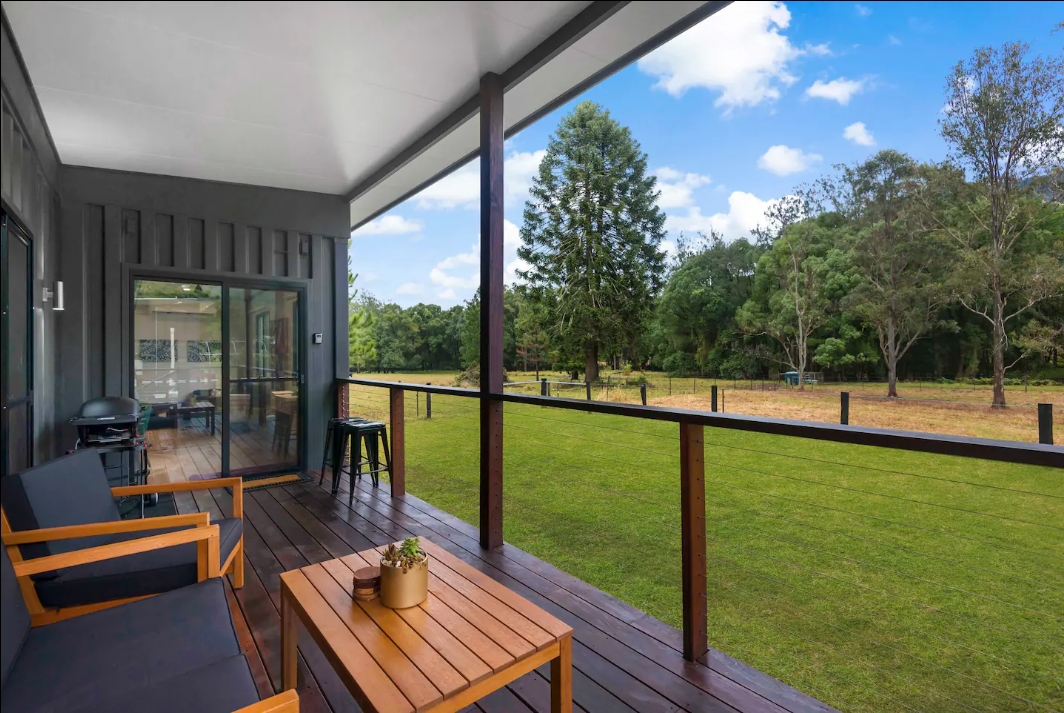How is the Insulation Performance of Mobile Container Houses Interpreted?
Mobile container houses are becoming increasingly popular in modern construction, with their insulation performance being one of the attractive features. So, how exactly is the insulation performance of mobile container houses? Let's explore.
Firstly, mobile container houses use efficient insulation materials. These materials typically include polyurethane foam boards, rock wool boards, or glass wool, which have excellent insulation performance. They can effectively prevent heat transfer, maintain stable indoor temperatures, and reduce heating and cooling costs.
Secondly, mobile container houses emphasize structural sealing in design. Through precise design and construction, all joints and connections of the house are tightly sealed to minimize heat loss.
Moreover, the exterior wall materials of mobile container houses usually have certain insulation properties. For example, using double-layer sandwich steel plates or exterior wall insulation coatings can further improve the insulation performance of the house.
Additionally, the compact structure of mobile container houses reduces the possibility of heat exchange between indoors and outdoors, further enhancing their insulation performance.
In summary, with efficient insulation materials, structural sealing, and exterior wall insulation materials, mobile container houses ensure good insulation performance, providing users with a comfortable living environment.
